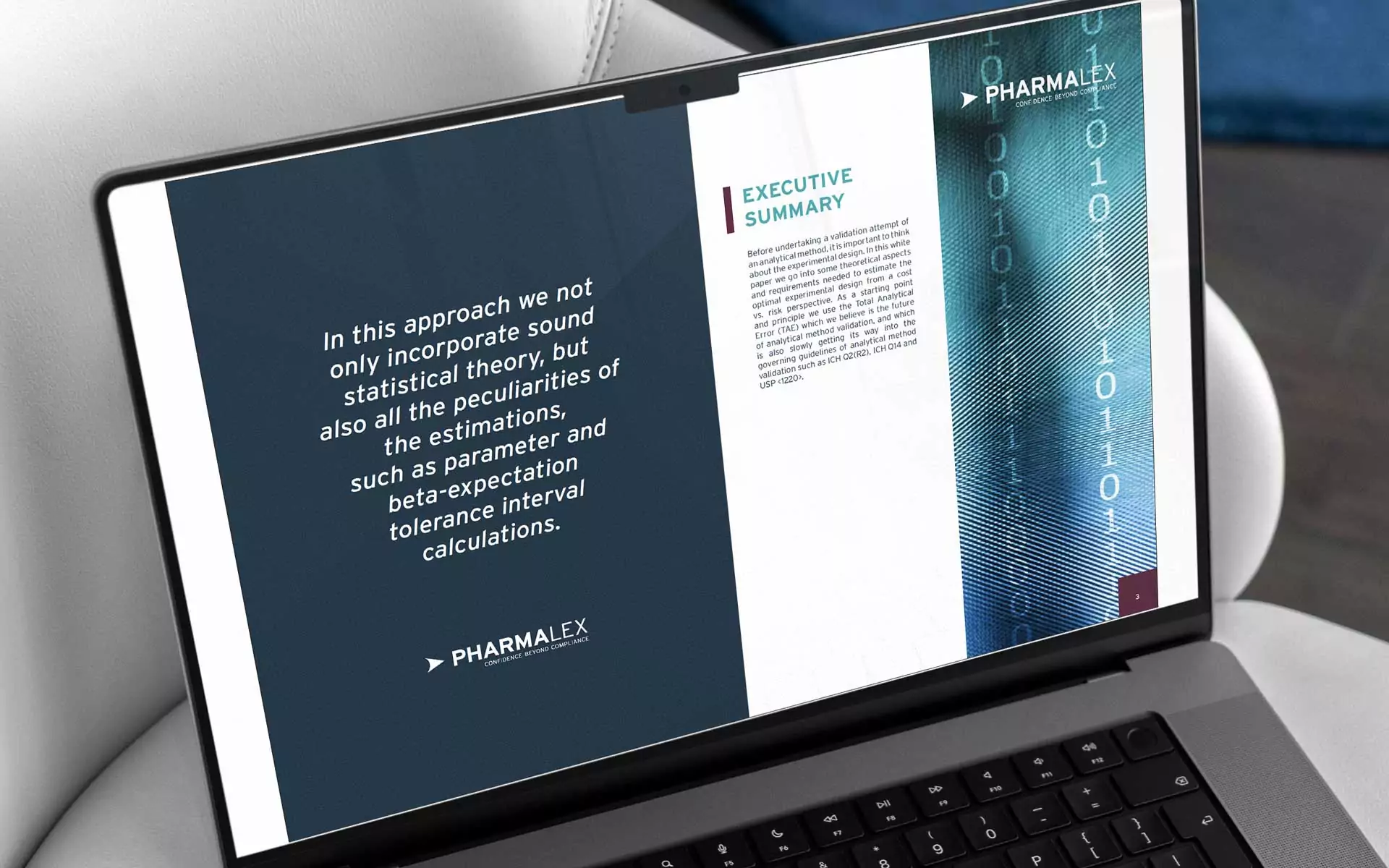The way clinical trials are designed and conducted has undergone a massive change in recent years. Today, clinical trials are increasingly defined by the use of digital technology, the amount of data collected, and the use of different clinical trial structures such as decentralized trials. In recognition of this rapidly changing environment, ICH has developed new draft Good Clinical Practice (GCP) guidelines, ICH-E6(R3).
The new guideline incorporates learnings from innovative clinical trial designs as well as from public health emergencies, such as the COVID-19 pandemic. A key objective is to encourage transparency in clinical trial registration and result reporting. Another is to support efficient approaches to how trials are designed and conducted, for example, using digital health technologies such as wearables and sensors.
What’s new about the guidelines
In a recent presentation, ICH shared what is new about the E6(R3) structure and content. Specifically, the structure aims to provide clarity and improved readability. The new draft also seeks to facilitate innovative clinical trial designs, for example, those using decentralized clinical trial elements, and to support the use of digital technologies, such as tools to simplify enrolment and retention, to capture data, to monitor trials and to analyze results.
Additionally, there is a goal to encourage fit-for-purpose approaches such as “proportionality and risk-based approaches with a focus on the clinical trial’s critical-to-quality factors whose integrity is fundamental to safety of participants and the reliability of trial results.”
Both the European Medicines Agency (EMA) and the US Food and Drug Administration (FDA) have published the guidelines for public consultation. In commenting on the new guidelines, FDA Commissioner Robert M. Califf, M.D., said: “A more robust clinical trial ecosystem that is capable of producing reliable evidence more efficiently may support more informed decision-making in developing medical products to help patients. These draft recommendations propose a major step forward in this work.”
FDA and EMA announce consultation period
The FDA notes that it supports innovative trial designs, when appropriate. The agency released draft guidance proposing recommendations for the implementation of DCTs in May this year.
The consultation period allowed by the FDA is 60 days, starting from the agency’s announcement on 6 June, 2023.
For its part, EMA notes that the purpose of the new draft guidelines is to “provide a unified standard to facilitate the mutual acceptance of clinical trial data for ICH member countries and regions by applicable regulatory authorities.”
EMA will hold a multi-stakeholder workshop on ICH E6 R3 as part of its Accelerating Clinical Trials in the EU (ACT EU) multi-annual workplan 2022-2026. The purpose of the workshop is to engage all stakeholders of ICH E6(R3), which the agency describes as including but not limited to, patients, healthcare professionals, assessors, inspectors, industry, and academia.
EMA has said public consultation is open until 26 September 2023.
As ICH notes in its presentation, the principles of GCP are designed to “be flexible and applicable to a broad range of clinical trials; encourage thoughtful consideration and planning; and be considerate of the factors relevant to ensuring trial quality is needed for each clinical trial.” Through the new draft guidelines, ICH seeks to ensure those principles continue to be met.
We encourage you to participate in the public consultation process to ensure you have practical input into the final guidelines.








